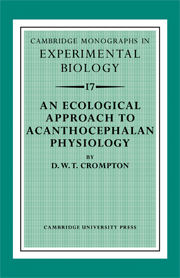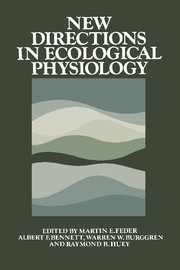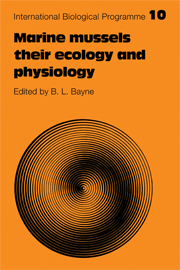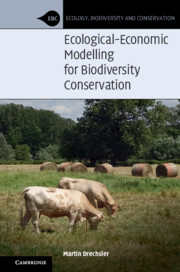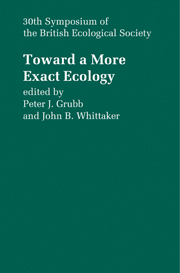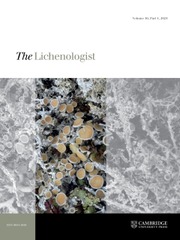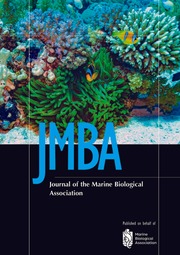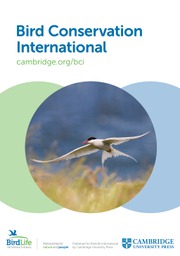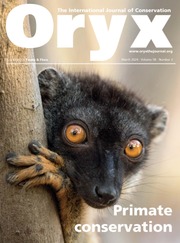An Ecological Approach to Acanthocephalan Physiology
Acanthocephalan worms are parasitic throughout their life cycles and the environments they experience are to be found in the bodies of vertebrates, in which they achieve sexual maturity and in the tissues of arthropods, in which they develop. This monograph, first published in 1970, aims to relate present knowledge of acanthocephalan physiology to the physical and biotic factors occurring in the environments occupied at different stages of the life cycle. This theme is illustrated by considering feeding, metabolism and reproduction of adult worms, certain aspects of the physiology of the eggs and developmental stages and the processes of infection of the hosts. The author emphasises the necessity of culturing acanthocephalans in vitro if their biology is to be understood in detail.
Product details
April 2009Paperback
9780521104708
136 pages
216 × 140 × 8 mm
0.18kg
Available
Table of Contents
- 1. General Introduction
- 2. The environment of adult acanthocephalans in their final hosts
- 3. Feeding of adult worms
- 4. The influence of the environment on the growth and metabolism of adult worms
- 5. Reproduction
- 6. The egg and the infection of the intermediate host
- 7. The arthropod haemocoele and the development of acanthocephala
- 8. Host-parasite reactions during the development of acanthocephala
- 9. The cystacanth stage and the infection of the final host
- Conclusion
- References
- Index.

